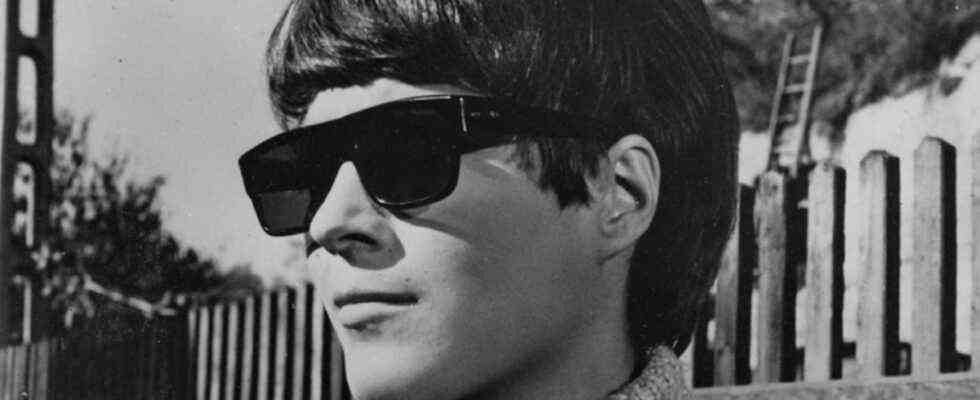This book is memory work, an attempt to bring back what has been forgotten and repressed – almost half a century of film history in what was once socialist Eastern Europe. Lisa Gotto looks after Věra Chytilová and Judit Elek and Márta Mészáros, their films “From something else”, ČSSR 1963, or “Summer of Passion”, Hungary 1984, or “Das Mädchen”, Hungary 1968. Dominik Graf praises the Polish filmmaker Andrzej Wajda, from “Lotna”, 1959, to “Katyn”, 2007, or “Der Kalmus”, 2009. The films are lovingly described, with gentle enthusiasm, films that once belonged to the canon of modern cinema, they were shown on the international festivals, where their aesthetic freshness was fascinating, and were shown on ARD and ZDF.
It is not only historical interest that moved the Viennese film scholar and Germany’s most productive and daring filmmaker to this book, they brood in an exchange of ideas about the dialectic of censorship and creativity – that these modern films were made in a totalitarian ideological system that governs film production regulated. “Our cinema,” says Andrzej Wajda, “in the times of communism was an attempt to communicate with the public over the heads of those in power … Censorship chases the words, but cinema speaks with images.” And of course the provocative could be tolerated if it paid off in international success at the festivals.
A film like Tarkowski’s legendary “Andrei Rublev” was banned, but: it could be shot, explains director Andrei Konchalovsky, in Hollywood there was no money for it – censorship through money has a stronger effect than censorship through ideology. Dominik Graf formulates this for the German production reality, which he knows very well from numerous debates and struggles. “Wajda had confidence in the audience. Our committee-sponsoring cinema culture is based on not trusting the audience, just not overburdening them. Cinematographic polyphony of sequences is considered confusing (even by the audience): ambivalences, ambiguities even in private constellations, e.g. For example, when it comes to gender problems in films, the makers even become dangerous. The audience has become a censor itself, it is conditioned for a cinema of unambiguity. It ‘cancels’ what it does not immediately see. ” A spiral of internalized (self-) censorship.
“State cinema” is what Klaus Lemke called the German film funding system, for Dominik Graf he embodies the independent, small, dirty – the real cinema. The enthusiasm for this – and for terms such as auteur film or cineastic – has meanwhile become historical itself. Nevertheless, one likes to read again the story of the unpredictable Zbyněk Brynych, born in Karlsbad, who mixed up the original German series “Der Kommissar” and “Derrick” with various episodes.
Lisa Gotto, Dominik Graf: Cinema under pressure. Film culture behind the iron curtain. Alexander-Verlag, Berlin 2021. 159 pages, 16.90 euros.

